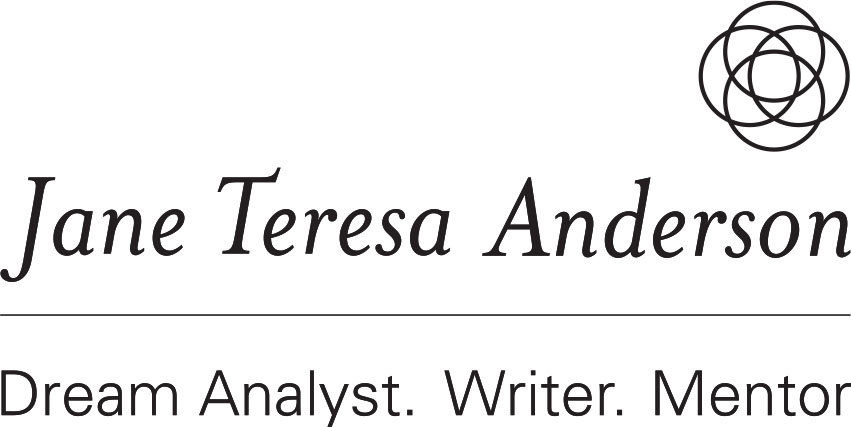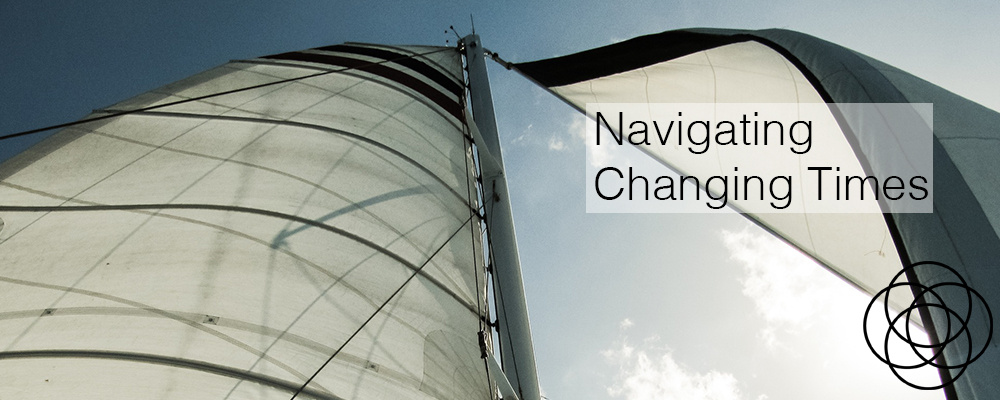“Global tidal wave of 70,000 job cuts,” announced the online news. “The tsunami of layoffs started in Europe …”
Instantly I got the picture. It’s a metaphor that works. It describes a giant ripple effect of job loss caused by a seismic tremor in the global economy.
It also describes the emotional impact felt or feared by many. Whether you’ve lost your job, know someone who has, fear losing yours, or fear the consequences of widespread job loss and economic challenge, the word tsunami pretty much sums up the feeling of being emotionally overwhelmed, knocked off your feet and potentially dead to the world.
If you’ve ever had a tsunami dream you’ll know the emotional impact these walls of water can produce. After all, in a dream, you think the tsunami is real, don’t you?
Dreams, like some journalists, frequently express themselves in metaphors. They may be clichéd, they may lose subtlety, they may be oversimplified, but they can help you to get a quick picture of a complex situation. That picture may be accurate or way off the mark, but it’s a picture, a starting point, one of perhaps many possible perspectives on a situation.
If the global economic situation has impacted on your life – in hard financial terms or worries about the future – what kind of dreams might you be having, and how can understanding these be helpful to you? I’ll outline these. But what if you’re having sleepless nights and lost dream recall? How can you too gain personal insight to help you navigate the tidal waves of changing times?
The classic tsunami dream, common to many dreamers worldwide, paints a picture of the dreamer’s feelings of being overwhelmed, emotionally and, sometimes, on other levels too. The overwhelm is often still unconscious at the time of the dream, as the dreamer still struggles, in waking life, to hold emotions at bay and stay in control. Of course, there are many variations of this dream theme, and the interpretation depends on the dream details, but ‘overwhelm’ is the key emotion the dreamer is processing.
The question to ask – when interpreting a tsunami dream or a tsunami of global job loss – is how to lessen its impact by processing the overwhelm in a different way, or, better still, how to shift perspective and transform the sense of overwhelm or helplessness into something positively empowering.
Not convinced? If a waterfall can be harnessed to produce electricity, a tsunami can be harnessed to, what? Not a lot, at short notice, practically speaking, but metaphorically speaking a tsunami can move mountains. And, in today’s world, many mountains (huge obstacles) could do with shifting!
People say metaphors can be misleading, and, of course, they can. But even when they’re misleading, practically speaking, they can help us to break through conditioned ways of looking at the world. How can we shift perspective and see something positively empowering in a tsunami of global job loss? It’s a challenge, at personal and global levels. Which obstacles to positive global change need shifting or transforming? Which obstacles to personal change need shifting or transforming?
If your anxiety is preventing you from being sufficiently relaxed to recall your dreams, you can work with the kinds of metaphors that dreams – and journalists – use, to help shift your perspective, gain insight and see your way forward. (My book, The Compass, has been created for exactly this purpose. It helps you to see your life, issues and situations from different perspectives, and enables you to see your way forward to your best future.)
Whether or not you recall your dreams, you are dreaming! Around five dreams every night. So what kind of dreams might you be experiencing if your life has been touched by the global economic tsunami of job loss or fear?
Your dreams will probably include one or more of the following:
Dreams of water, such as overwhelming tsunamis, drowning, being sucked under water or mud, inundated or washed away – water tends to represent your emotions, so these dreams reflect your deep and often unconscious emotional responses to your situation or fear.
Dreams of death and birth, but most probably focussed, at first, on death – death tends to represent what is ending (dying off) in your life. Losing a job might be pictured, in a dream metaphor, as a death. All changes, actual or feared, might be seen as deaths in your dreams. Some of those deaths might be unnecessary, as some things might be able to be salvaged with the help of dream interpretation as this reveals how your unconscious beliefs are affecting your responses to your situation or fear. Other dream deaths might be necessary – how else can we move on to new perspectives (and new jobs or new ways of earning money) if we don’t first let go of the old? Dreams of birth are metaphors for how you are progressing with new approaches in your life.
Dreams of loss and not being able to find your way are metaphors for what you feel or fear you are losing (job, security, status) and feelings or fears about your direction.
Dreams of animals may occur during these times, since animals provide apt metaphors for your survival instincts in times of change. Remember that some instincts, established in childhood, may not be appropriate for handling your adult world. These dreams reflect your survival instincts by comparing them to the instincts of various animals.
Finally, look out for dreams that reference your childhood – perhaps the house you lived in as a child, your school, your parents – or that reference past jobs and relationships. These may be referring to your unconscious beliefs about security or finances, triggered by your current situations. Interpreting these provides invaluable insight into how your unconscious beliefs are affecting your responses to your current situation, and provides you with the opportunity to change these.
In each case, look into your dreams for metaphors that seem, to you, to match your current situation, then question those metaphors until your current perspective shifts and you begin to see a new way forward.

